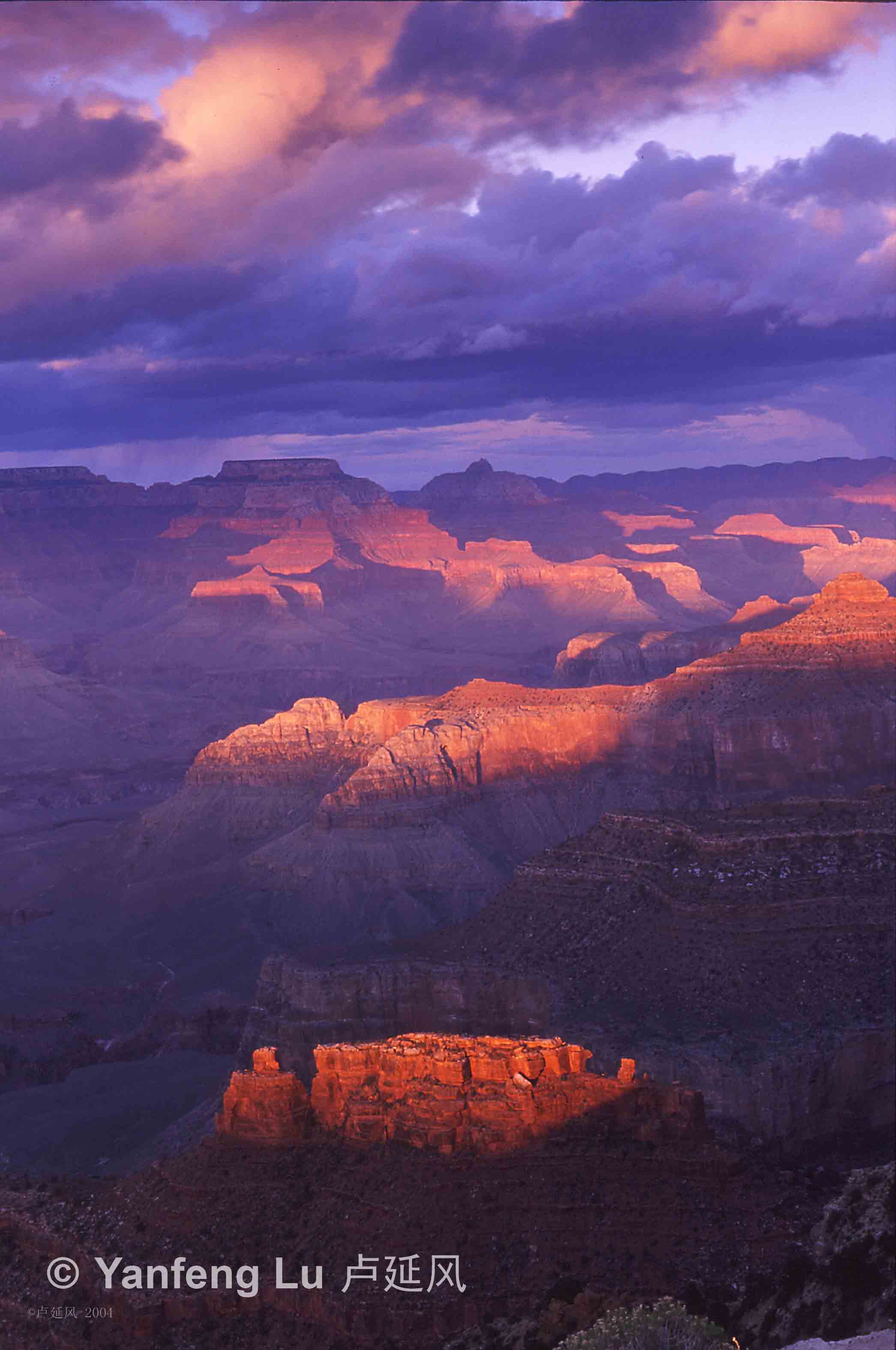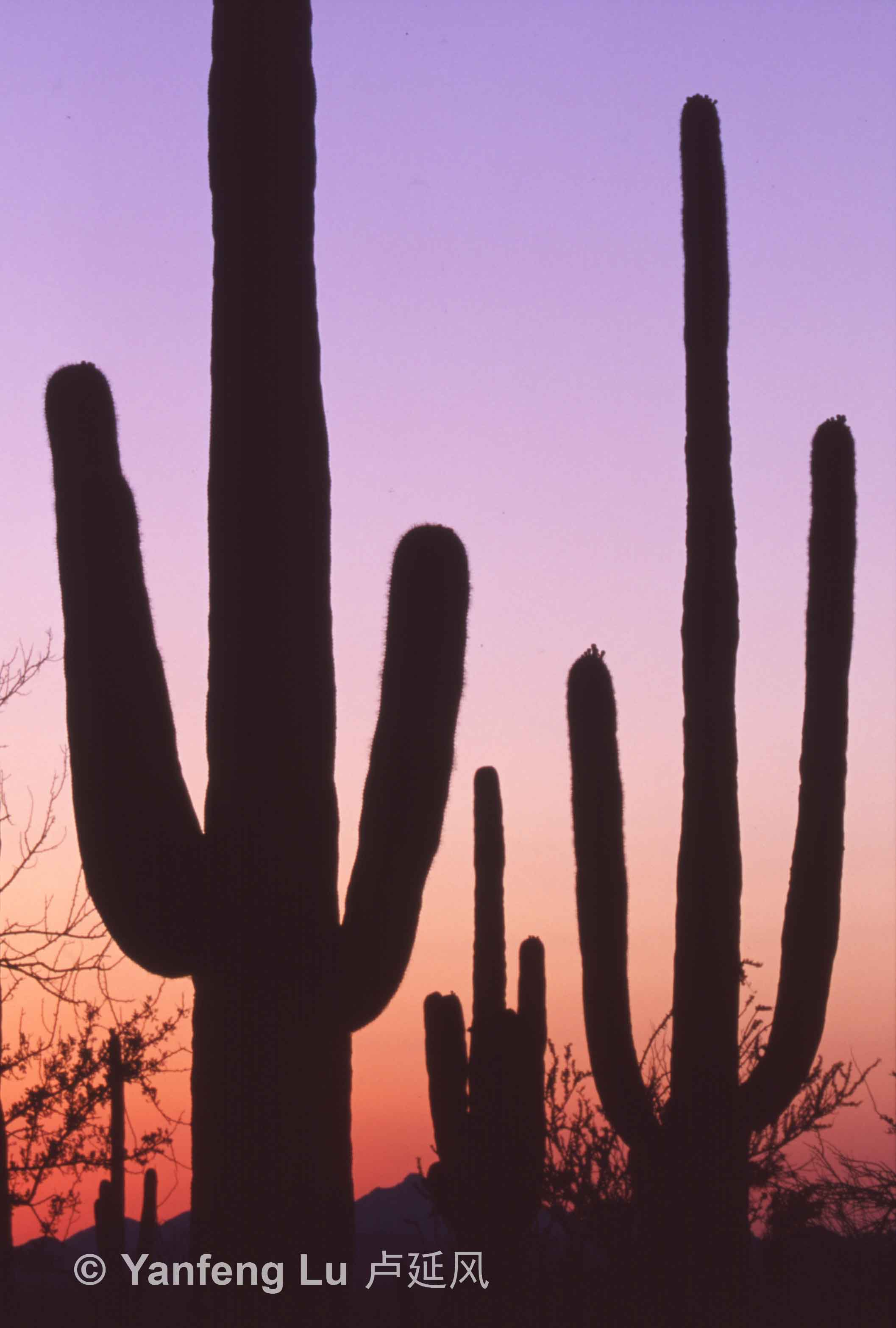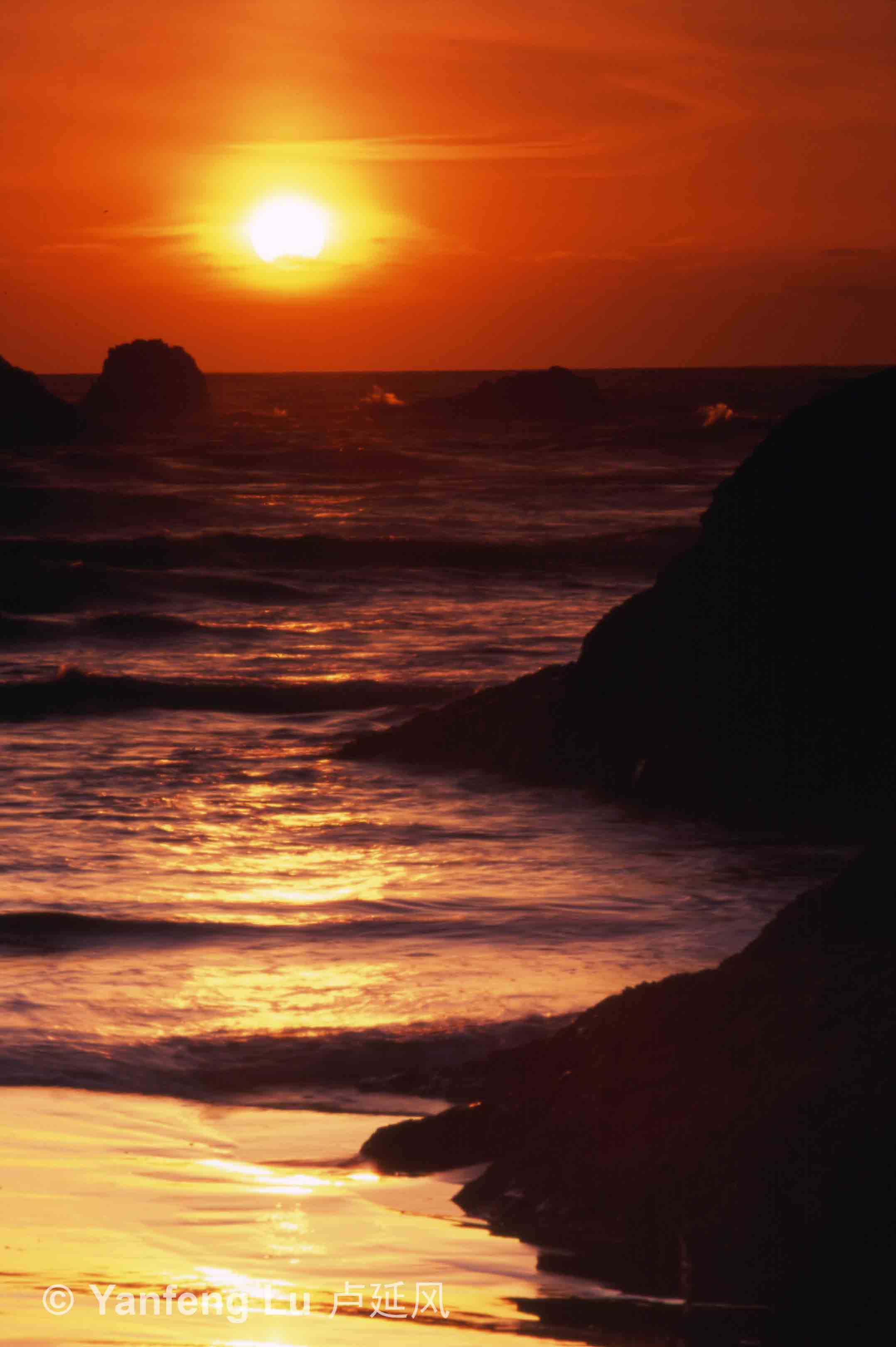Personal and Professional Background
Introduction
Spiritual Path
Education
Career
Interests
Introduction
I came from a rural area in eastern China. I was educated internationally and received five degrees from China, the US and Germany in two majors: computer science and philosophy. Having worked in the IT industry for ten years, I started to do research work recently. I have a busy leisure time schedule. Besides accompanying my family I try hard to squeeze time for my other interests. I am a self-taught serious amateur photographer. Recently I also wrote dozens of poems.
Spiritual Path
Since the end of childhood the past three decades of my life have been divided into three distinct phases, each roughly lasting for a decade. Like many contemporaries I admired Einstein and was fascinated by the Grand Unification Theory in high school. But my scientistic belief was soon challenged in college when I spent much time reading philosophy and social sciences extensively. That finally motivated me to formally enter the field of philosophy. In the graduate school I completed the transition from scientism to humanism, with the help of Western philosophers, especially Kant and Heidegger. Going abroad concluded this first decade of studying phase.
The second phase, the American phase, consisted of four years of studying in two universities and six years of working in the IT industry. Again like many contemporaries I went to the US with the typical "Western Admiration and Chinese Denial" (崇西贬中) attitude. However, a decade of living in the US pushed my thinking about Chinese modernization, which started in college, to the next level. On the one hand, intimate experience of a Western modern society enabled me to understand Western modernity deeper. On the other hand, direct encounter with a foreign culture gave me a clearer view of my native culture. Whereas I realized the boundary of science and technology in a university of science and technology in the last phase, I recognized my cultural identity in a foreign culture in this phase. In terms of philosophical thought the unique humanism in Chinese philosophy became much more meaningful to me.
In the past decade I have lived in four different countries. So this third phase may be called "multi-national phase." In the opening years of the new millennium I was attracted back by the rapid and seemingly promising development of China. But as the initial excitement quickly faded away I knew I needed to find a different place for longer plan. I already set my eyes on Singapore then. But before I headed to this destination I had to go to another place to realize one of my long time wishes. Without experiencing the European society my understanding of Western modernity would be biased. On the other hand, the majority of my favorite philosophers are from Germany. The German expedition achieved most of the goals I set beforehand. One of them was to systemize years of thinking. With this done my effort on Chinese modernity entered constructive stage. All this solidified my choice of Singapore. Singapore not only provides an optimal place where I want to raise my children according to my new faith. With its dramatic success it also offers inspiration for constructing Chinese modernity in many respects. There has been no surprise so far.
Education
I received five degrees in two majors from three countries.
- University of Science and Technology of China (USTC) 中国科学技术大学, Hefei, Anhui, China
Bachelor's Degree in Computer Science and Technology, 1987-1992
The translation of the degree literally to B.E. is a little misleading. The program is more like a BS in the US. At that time the program lasted for five years. We studied a lot more mathematics and physics than the same program in other universities. The Eighties was a vibrant age in Mainland China. I read lots of books in philosophy and social sciences ex curriculum. - Peking University (PKU) 北京大学, Beijing, China
Master of Philosophy (M. Phil.) in Western Philosophy, 1992-1995
We studied major Western philosophers, including Plato, Aristotle, Descartes, Kant, Husserl, Heidegger and Wittgenstein. PKU owns the best philosophy program in China. We read most of the works in their original language or at least English. The subject of my thesis lay in the field of philosophy of language and the title was "The Reference of a Proper Name - On Kripke's Naming Theory." - University of Connecticut (UConn), Storrs, CT, United States
Master of Arts (MA) in Philosophy, 1995-1997
I was introduced to the full spectrum of Anglo-American analytic philosophy. The courses I took included philosophy of language, philosophy of science, philosophy of mind, epistemology, philosophy of social science and political philosophy. - University of Massachusetts (UMass), Amherst, MA, United States
Master of Science (MS) in Computer Science, 1997-1999
My study in computer science was deepened and my knowledge was brought up to date. UMass has some strong AI research labs. So I got some exposure to the AI research, especially machine learning. - Karlsruher Institut für Technologie (KIT), Karlsruhe, BW, Germany
Doctor of Philosophy (Dr. phil. magna cum laude) in Philosophy, 2010-2013
I focused my energy to complete a 140K-word book as my dissertation in a relatively short period of time. The title was "Technology in an Alternative Modernity." The subject belongs to philosophy of technology, but I used technology as the main thread to string many of my ideas from years of thinking together. The formulation and systemization did cost much brain effort.
Career
For a long time the ideal career for me had been in the academia, until finally I followed the trend to get into the IT industry while it was still red-hot in the US. I have no regret. It broadened my life experience and cultivated some entrepreneur spirit in me. Now I have the belief that modern technology should have serving the society as its primary goal. And it's compatible with my philosophy of technology, cultural instrumentalism as I advocated in my dissertation. At last, I started to do research work. But without the industry experience I would have a different view of the research work.
I did part time jobs during post-graduate studies in the universities. In particular, I worked as a programmer in Beijing, teaching and research assistant in the US and wissenschftlicher Mitarbeiter in Germany. Before I2R my full time jobs were in the IT industry. I worked in two IT companies in the US and China for totally about ten years.
- Novell Inc., Provo, UT, United States
Software Engineer, Sept. 1999 - Nov. 2005
I worked in the Directory Service department. Novell's eDirectory was a X.500 standard compliant product, the equivalent of Microsoft's Active Directory. It was both a standalone product and an essential part of many other products of Novell. I developed several modules in several releases of the product and actively participated in the architecture design. I also got a US patent issued as the sole inventor. - Symbio, Beijing, China
Project Manager, July 2006 - May 2010
I led a software development team to do localization and feature development for a US company. The product was mainly used by large banks and insurance companies to collect and analyse logs from dozens of applications. Besides hands-on development I obtained much knowledge about project management, including project planning, schedule control, cost reduction, risk management, leadership and people management.
Interests
In the age when I grew up there was a popular saying in China: "Study mathematics, physics and chemistry well, then there will be nothing to fear wherever one goes.(学好数、理、化,走遍天下都不怕)" The scientistic flavor was obvious. At that time education was focused on science. I received little formal education in arts. In the transition from scientism to humanism arts gradually became indispensable. First I was interested in classical music at USTC, but there was no chance for me to get serious about it. The choice of photography at PKU was kind of typical for a person with science and technology background.
However, I was able to really enter photography only after I could afford an SLR camera at UConn. The first stage was to study the basic theory by reading over a dozen of books and practicing accordingly. My skills were greatly improved after I upgraded my equipments and participated in the activities of a local camera club and the Photographic Society of America in Utah. During that period I managed to photograph in many natural parks in the American West. Later I also extended my photographic practice to areas beyond landscape. I started to write a book titled "Fall in Love with Photography" in Beijing and completed it in Germany. Here are some sample photos taken in the American West.

| 
| 
|
| Grand Canyon | Saguaro | Ruby Beach |
Many Chinese once recited popular ancient poems in childhood. My interest in poetry became serious after I returned from the US. With the encouragement from my wife I started to study the poems by famous poets, especially Xu Zhimo徐志摩, William Butler Yeats and Hermann Hesse. I liked these poets because their poems demonstrated, in my opinion, a good balance between tradition and modernity. And I could sense some oriental elements in Hesse's poems. Soon I felt the strong impulse to write my own poems. At the beginning I could only write a stanza or two, but my skills were quickly improved. In the first years I also formed my own theory and style.
In Germany I studied more about the theory of poetry and practiced more. In style I tried to blend traditional and modern, Chinese and Western elements and achieve a good balance among them. In theme my philosophical thought often found its expression in my poems. Sometimes I also wrote in English and German, but nothing was better than native language in writing poems. I wrote 29 poems in Germany. The following is a sample from Die Deutsche Sammlung.
窗
在混沌的虚空里,
一扇窗慢慢地亮起。
沐浴着暖暖的朝旭,
万物渐渐变得清晰。
这里有纯真的序曲,
也有七彩的回忆。
这里有爱情的甜蜜,
也有丧亲的悲戚。
无论从事狩猎采集,
还是沉迷现代科技,
这里都上演着同样的戏剧。
无论立于苍茫大地,
还是遨游宇宙星系,
这里都更替着同样的四季。
An eternal window,
一个永恒的窗口。
不同的言语,
共同的境遇。
窗帘一次次开启,
而后一次次合闭。
在这开合之际,
展示着世界的全部意义。
(2011)